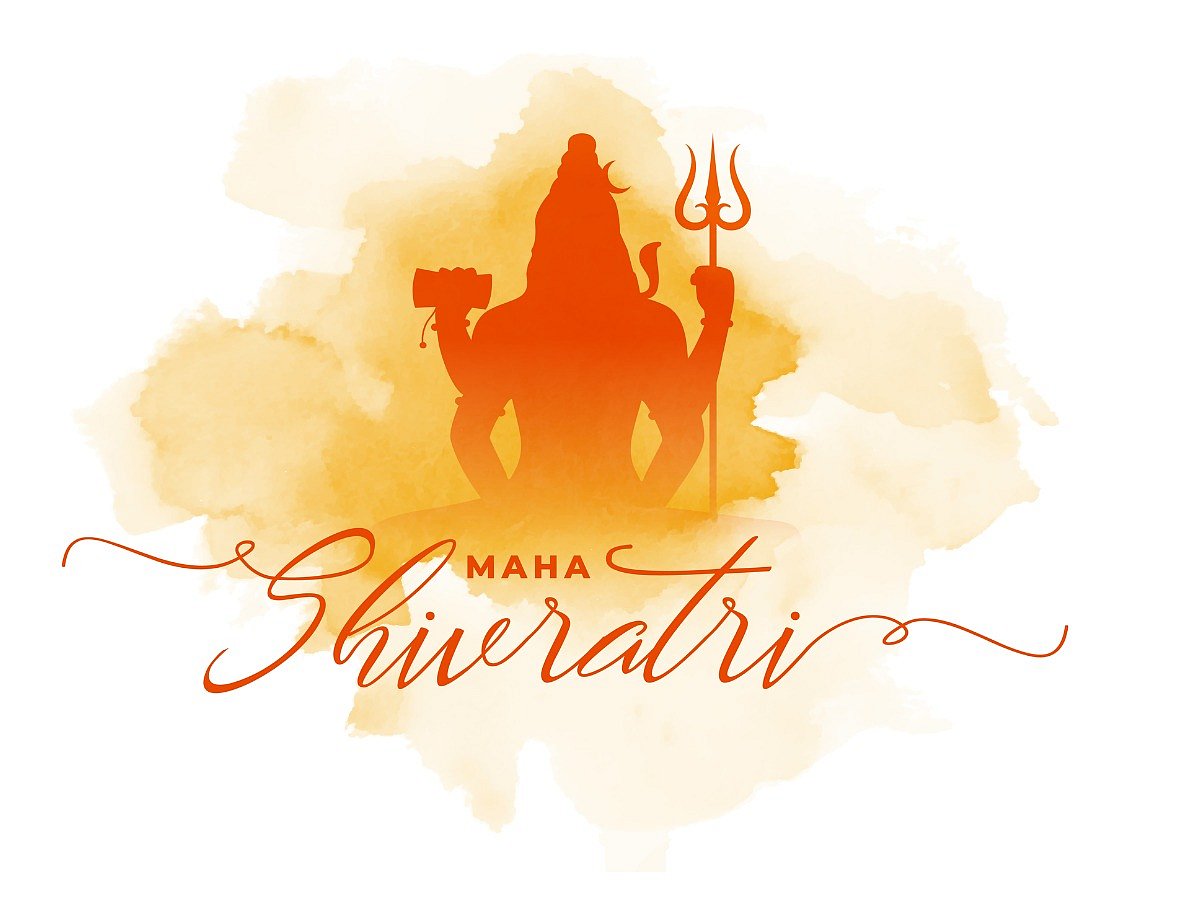Mahashivratri 2024: Puja Samagri, Rituals & Bhog For Shiva
Mahashivratri will be celebrated on 8 March this year and you can check the Puja Samagri list and Bhog details below

advertisement
The Hindu festival, Mahashivratri is annually celebrated between February and March in honor of Lord Shiva. The festival is celebrated on the fourteenth day of the dark half of the lunar month of Phalguna also known as Magha. The auspicious occasion of Mahashivratri will be celebrated on 8 March this year. Mahashivratri honors the marriage of Shiva and Parvati and that moment when Shiva dances, known as Tandava. According to Hinduism, the occasion marks the "overcoming of darkness and ignorance" in existence and the cosmos. Let's know more about the Mahashivratri rituals, Bhog, Puja Vidhi, and Puja Samagri.
Mahashivratri 2024 Puja Samagri
The rituals include chanting prayers and fasting while remembering Lord Shiva and they reflect on the morals and qualities like honesty, forgiving others, charity, and discovery of Shiva.
During this occasion, Belpatra, bhang, Dhatura, madar flower, white sandalwood, white flowers, Ganga water, and cow's milk are offered in honor of Bhole Shankar. All the wishes are said to come true if the devotees fast on Mahashivratri and worship Shiva and Parvati. The saints say that Lord Shiva is satisfied with just a pot of water and Belpatra, there are other offerings and Prasad which are given to Lord Shiva, granting individuals the special blessings of Mahadev.
Mahashivratri Bhog
Lord Shiv can be offered any of these dishes as Bhog-
Malpua is prepared with desi ghee and it is believed that Lord Shiva is fond of the dish.
Any Shiv festival is incomplete without the Thandai. The Mahashivratri Thandai involves the use of cannabis.
Panchamrit is another Bhog prepared at home on Mahashivratri. People offer Bhang and Panchamrit to Lord Shankar. This is also considered to be Lord Shiva's favorite offering.
Sweets are a part of every Hindu festival and celebration. People emphasize offering any white sweet made of cow's milk to obtain the blessings of Lord Shiva. Many people also offer sugar and honey.
Makhana Kheer prepared in cow's milk or Rice kheer can also be offered to Lord Shiva.
According to the Shiva Purana, Dhatura fruit is considered auspicious during Shiva worship. People believe that the offering helps remove sorrow.
(At The Quint, we question everything. Play an active role in shaping our journalism by becoming a member today.)